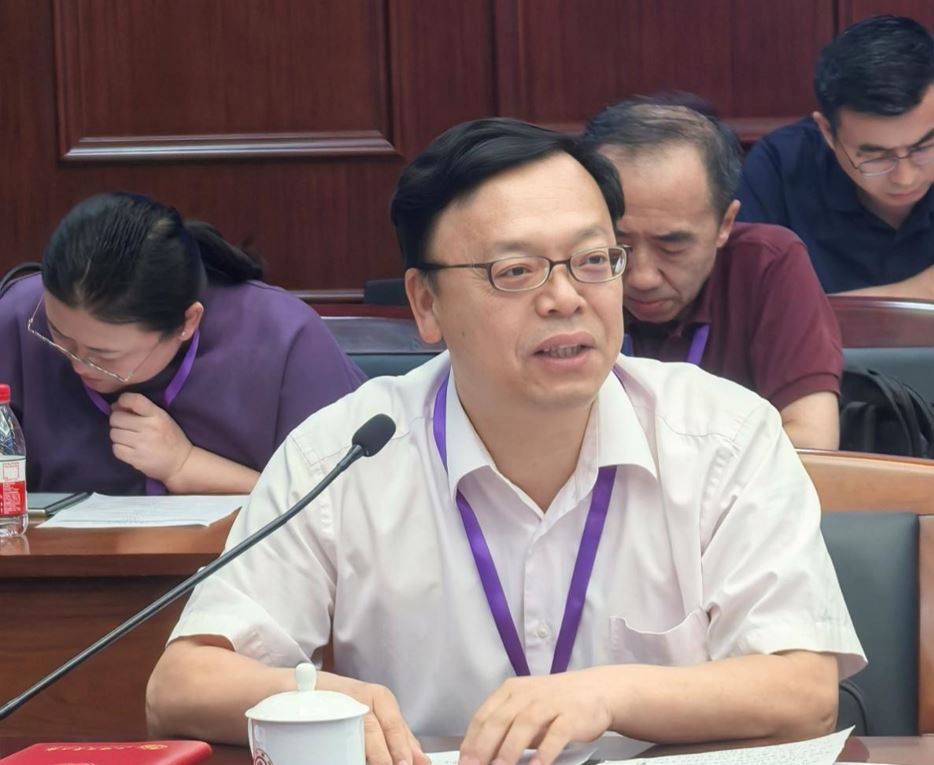From July 5 to 6, 2025, the 1st New Horizons in Emergency Management International Conference: Urban Complex Risk Governance and Emergency Management Innovation in the age of Artificial Intelligence was held at Shanghai Jiao Tong University. The conference brought together leading scholars, industry experts, and practitioners to engage in in-depth discussions on urban risk governance and emergency management innovations in the AI era.
Professor Zhao Laijun, Dean of the Business School and Executive Dean of the School of Intelligent Emergency Management at USST, delivered remarks during the parallel forum “Smart Emergency: Building a Resilient Urban Safety Shield”. The sub-forum was presided over by Yu Chunxin, Director of the Disaster Prevention and Mitigation Division of the Shanghai Emergency Management Bureau, with distinguished guests including Shen Weizhong, Deputy Director-General and First-Level Inspector of the Shanghai Emergency Management Bureau; Zhang Lingxiang, Vice President of Shanghai Shentong Metro Group; and Wang Haibo, Dean of the School of Government at Nanjing University.
In his speech, Zhao emphasized that urban safety is a complex system, and universities play a pivotal role in advancing smart emergency management. He outlined three key contributions of higher education institutions: (1) Innovation Incubators: Universities serve as the primary drivers of theoretical, methodological, and technological innovations for complex emergency scenarios. The multidisciplinary platforms provide a natural advantage for tackling AI-integrated emergency applications; (2) Collaboration Hubs: Universities act as critical mediators in fostering “government-industry-university-research-application” collaboration. Governments outline AI-driven urban safety needs, universities lead theoretical and technological breakthroughs, while industries and enterprises translate these innovations into practical solutions, forming a closed-loop cycle of demand-development-implementation; (3) Talent Cultivators: Through tailored curricula, universities cultivate interdisciplinary professionals adept in both emergency management and AI technologies.
Zhao Laijun further highlighted that the USST School of Intelligent Emergency Management will leverage its strengths in theoretical research, interdisciplinary integration, and talent development to contribute to the advancement of smart emergency management in the Yangtze River Delta region.

Translated by Wei Xin
Reviewed by Liu Weiwei


